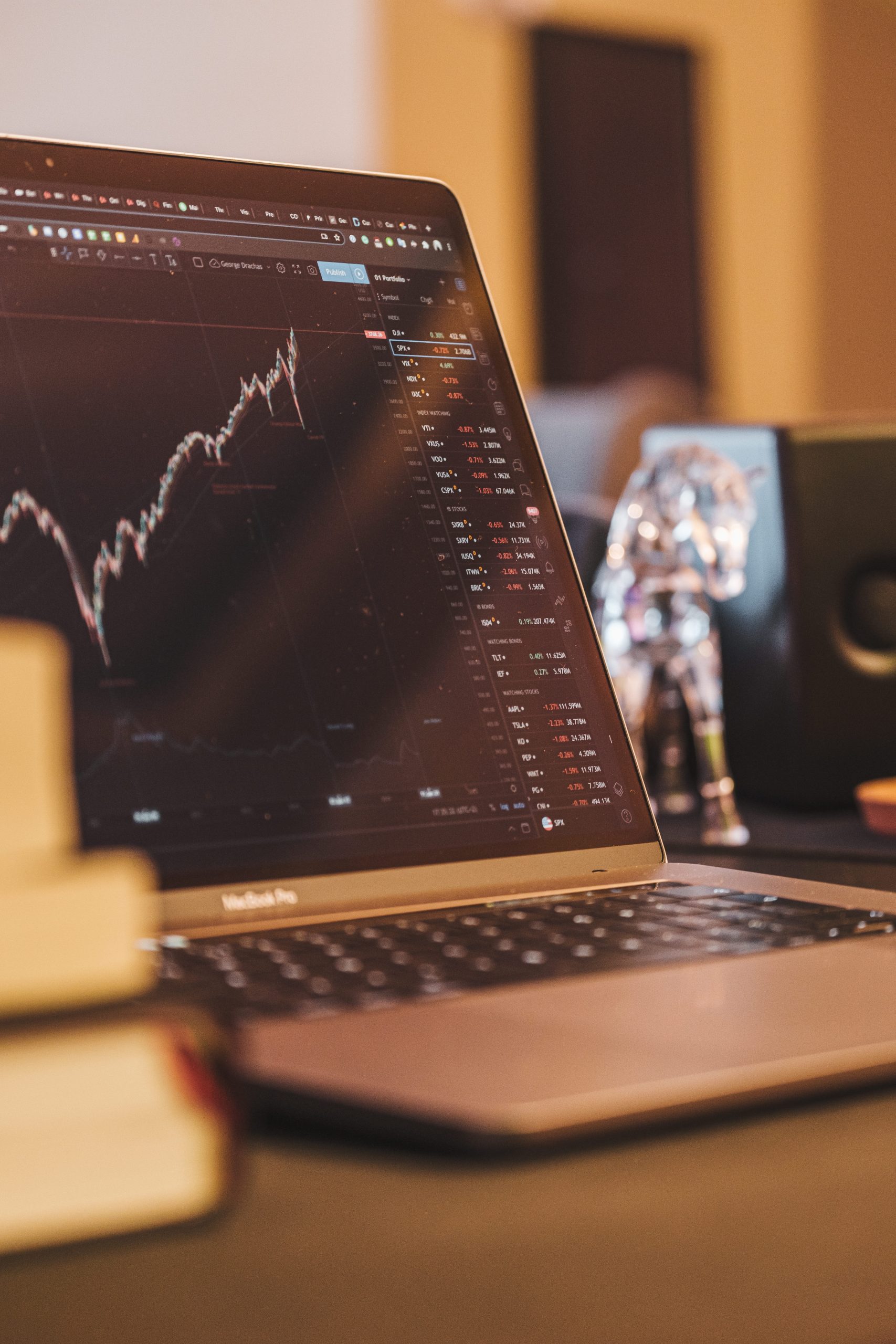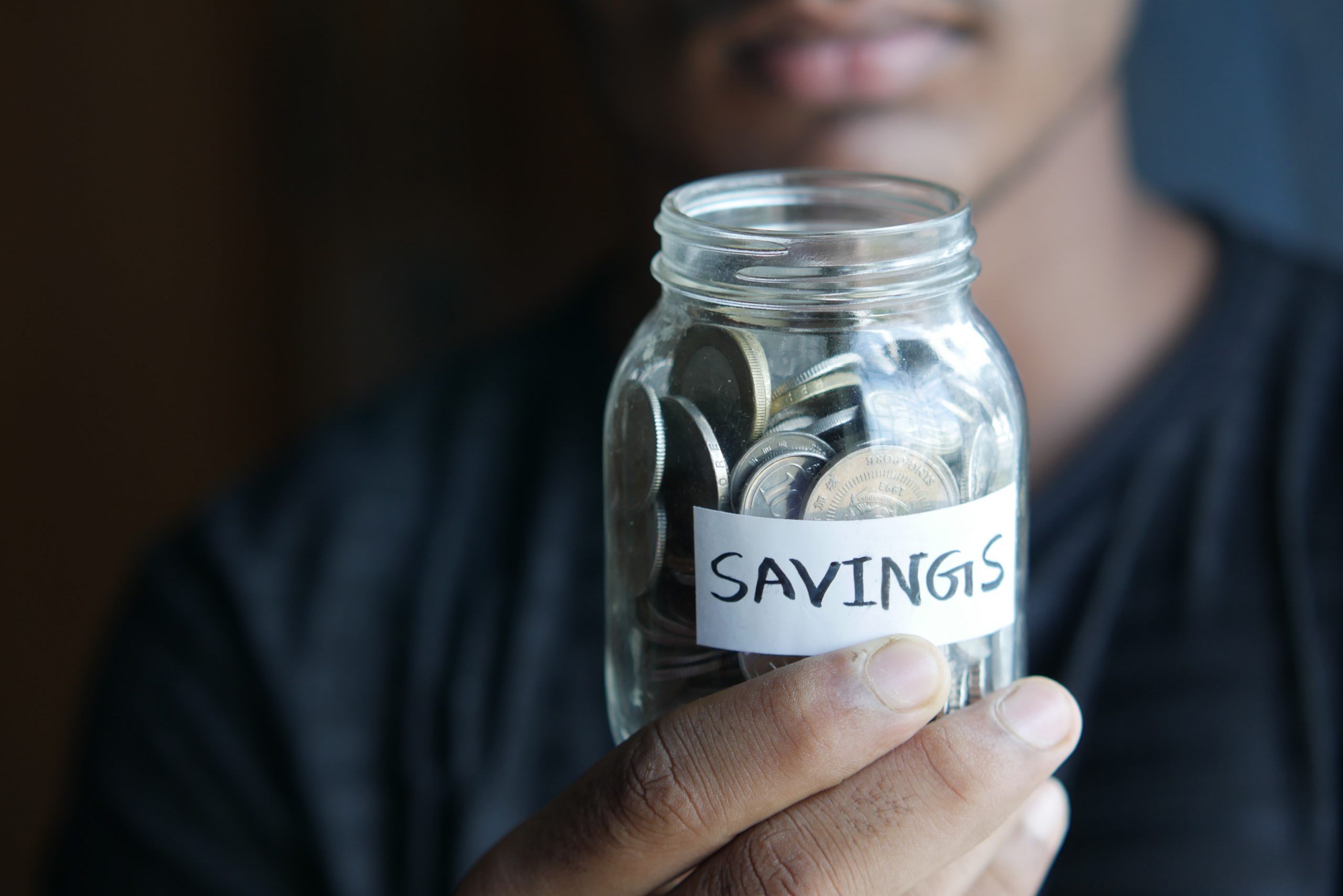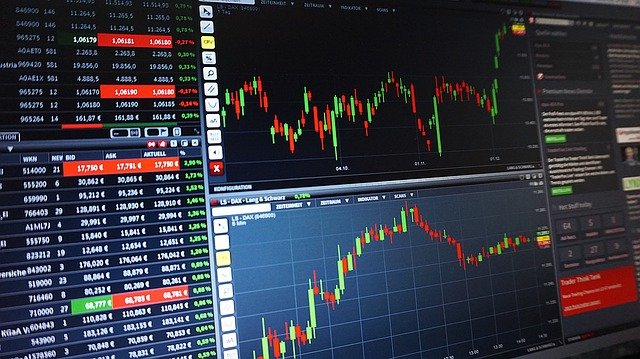August is historically a sluggish month in the markets, with low trade volumes and fewer headlines. A trade war between the world’s two largest economies alters everything.
After a week of stock-market volatility (VIX) – the Dow experienced its biggest one-day percentage decline of the year on Monday – the major US indices are finally in the green. This is due, in part, to the good news about China’s currency and a better-than-expected trade report (China saw a 3.3 per cent rise in exports compared with a year earlier).
Investors swiftly shifted their focus to safe-haven assets such as gold (GC=F) and bitcoin (BTC-USD).
While investors await the next move in the US-China trade war, they may be tempted to cash out before tensions rise further — risking further damage to their portfolios. With so much fear about global growth, here’s why one chief investment officer argues it’s best not to sell stocks.
Reason 1: Tax Worries
“You shouldn’t be in the market at all if that’s the case.” “Never put all of your eggs in one basket,” Kim Forest, CIO of Bokeh Capital, told Yahoo Finance. “If it’s a taxable account, you’ll have to pay taxes on any gains on the stocks.” That is a significant consideration.”
Reason 2: Forecasting the Future
“People are terrible at timing the market. “No one knows what the future holds,” Forest remarked. “You may believe that having that cash will save you. However, that money is expected to grow over time. If you’re in the market, you just have to get used to the asset value fluctuating with the market.”
Reason 3: Maintaining Trust
Equities rise in the long run: “You just have to believe that in time there will be growth, and the growth will show up in those stocks, and that will show up in your portfolio,” Forest said.
A Fidelity analysis from earlier this year is a fantastic example of why most long-term investors should hold on: The investing behemoth reviewed the 1.64 million portfolios that existed at the end of March 2009, near the bottom of the Great Recession, and are still in existence today. Between Q1 2009 and 2019, the average 401(k) balance increased 466 per cent to $297,700 – an 18.93 per cent gain each year.
Yes, having a cash cushion is beneficial in the event of a significant financial disaster, but having too much of it means you’ll lose purchasing power due to inflation.



